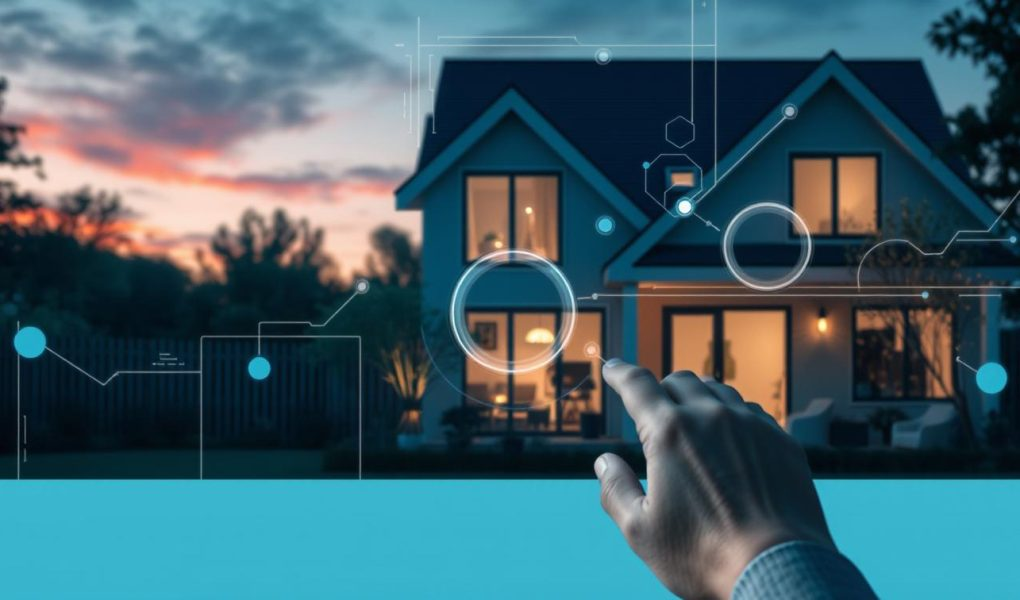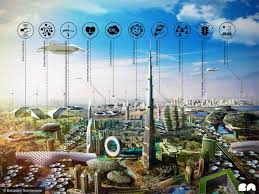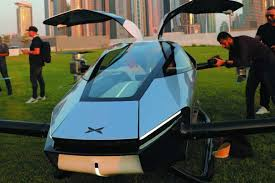
Dubai, the shining jewel of the Middle East, is fast becoming one of the smartest cities on the planet. Known for its ultra-modern architecture, luxury lifestyle, and technological ambition, Dubai’s government is now investing billions into “smart city” projects that are changing how people live, work, and connect.
But what exactly are these smart city projects? Simply put, a smart city uses digital technology and data to make urban life better—safer, more efficient, and more enjoyable. In Dubai, this means everything from AI-powered transport to eco-friendly smart buildings and even digital policing.
Let’s explore the top smart city projects that are transforming Dubai today and how they are shaping the future of urban living.

At the heart of all smart projects is the Smart Dubai Initiative, launched to make Dubai the happiest and smartest city in the world. This program focuses on using blockchain, artificial intelligence (AI), big data, and the Internet of Things (IoT) to improve city services.
The Dubai Blockchain Strategy plans to make Dubai the first city fully powered by blockchain by 2030, promising faster government processes, lower costs, and higher security. Meanwhile, AI chatbots now handle everything from answering resident queries to processing paperwork.
Residents can access over 1,100 digital government services through the DubaiNow app, making life easier than ever—from paying bills to renewing visas with just a few taps on their smartphones.

Dubai is making science fiction real with its plans for flying taxis and autonomous vehicles. The city tested its first self-flying air taxi—the Volocopter—in 2017 and aims to launch passenger services by 2030.
Meanwhile, the Roads and Transport Authority (RTA) has committed to making 25% of all trips in Dubai autonomous by 2030. This includes self-driving taxis and buses, reducing traffic congestion and pollution while improving safety.
The Dubai Metro, already driverless, connects major parts of the city, and its smart systems allow passengers to plan journeys and receive real-time updates using AI-powered apps.
One of the most popular innovations is the Smart Police Station (SPS)—a completely automated police station open 24/7 with no human staff. Residents and tourists can file complaints, pay fines, and even report crimes using smart kiosks or video calls with officers.
This project saves time, reduces paperwork, and offers services in seven languages. With 22 such stations planned, Dubai is setting a global example in digital policing and public safety.
Smart city projects are not only about technology—they also focus on sustainability. The Sustainable City, located on the outskirts of Dubai, is a prime example. This eco-friendly housing community is powered entirely by renewable energy, with solar panels on every home, water recycling systems, and car-free zones.
The Sustainable City has become a model for low-carbon living in the Middle East, combining luxury with environmental responsibility. Smart sensors monitor energy use and water consumption, helping residents reduce waste and live greener lives.
Dubai’s skyline is filled with smart skyscrapers that are powered by IoT technology. Buildings such as the Burj Khalifa and Museum of the Future use sensors and automation to manage lighting, cooling, security, and energy efficiency.
Dubai also launched a Building Information Modeling (BIM) mandate, requiring new construction projects to use digital 3D models for planning and maintenance. This helps improve design quality, reduce building costs, and allow smart management of resources even after construction.
Dubai aims to become the world leader in 3D printing, and the government has set a target for 25% of all new buildings to be 3D-printed by 2030.
One success story is the Office of the Future, the world’s first fully 3D-printed office building. The city is also exploring 3D printing for medical devices, such as customized prosthetics, making healthcare more affordable and personalized.
Dubai is tackling the region’s water scarcity and energy demand with smart solutions. The Mohammed bin Rashid Al Maktoum Solar Park, the world’s largest single-site solar energy project, is a key part of Dubai’s plan to get 75% of its energy from clean sources by 2050.
Smart meters and grids installed across the city allow residents to monitor energy and water usage in real time, encouraging efficient consumption and reducing environmental impact.
Behind the scenes, Dubai uses big data analytics and AI algorithms to manage city services. From predicting traffic patterns to analyzing crime trends, these technologies help the city plan better and respond faster.
The Dubai Pulse platform collects real-time data from various departments, helping leaders make decisions that improve safety, traffic flow, healthcare, and more.
Dubai’s bold vision goes beyond flashy technology—it is about creating a city that is safer, greener, and more livable for everyone. These smart projects aim to make daily life simpler and more enjoyable, whether you are a resident, tourist, or business investor.
Dubai’s success also serves as a blueprint for other cities worldwide, showing how technology and planning can transform urban life. From flying taxis to sustainable cities, Dubai is not waiting for the future—it is building it right now.
Dubai’s smart city journey is far from over. With new projects announced every year, the city is racing toward a future where technology and sustainability work hand in hand to improve life for all its citizens. As these plans unfold, Dubai is sure to remain at the forefront of the world’s smart city revolution.
Read More:- Shobha Realty Launches Its Most Luxurious Project Yet—Full Details Inside 2025
